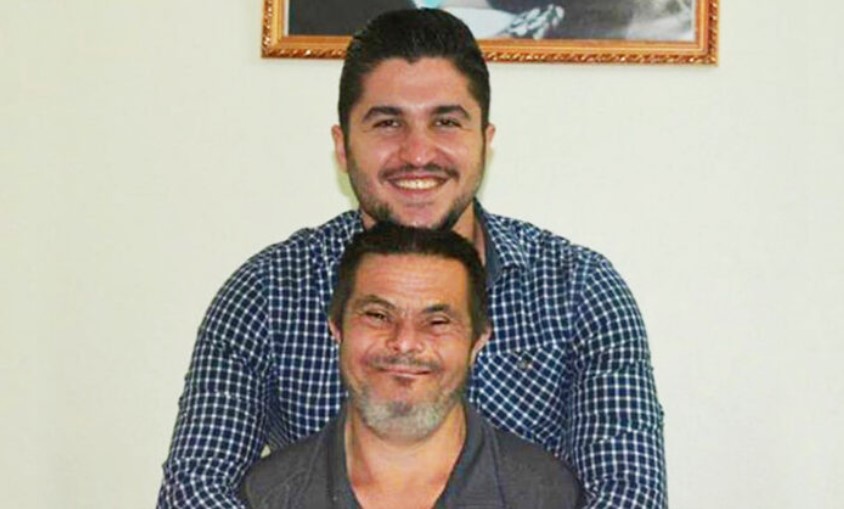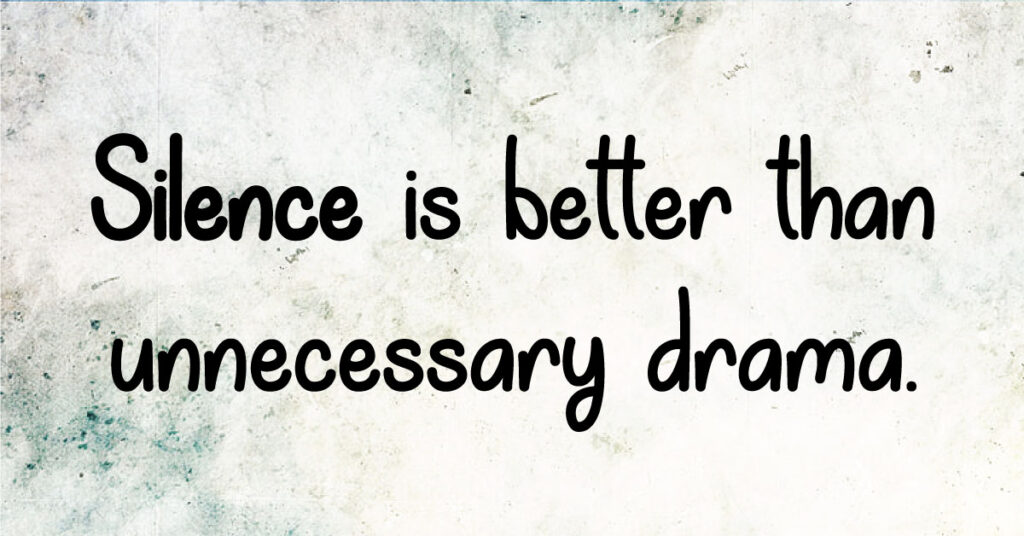In today’s consumer-driven society, it’s easy to accumulate too much stuff. From clothing to electronics to kitchen gadgets, it’s easy to buy more than we need and end up feeling cramped in our own homes.
Owning too much can make it difficult to find what we need and can leave us feeling overwhelmed and stressed. It can also give the impression that we are hoarding rather than using our possessions. However, there are ways to make sense of all that stuff and create a more organized and streamlined home.
By evaluating our possessions and prioritizing what is truly necessary, we can create a clutter-free living space that promotes a sense of calm and relaxation. In this article, we’ll explore how owning too much can make us feel cramped at home and offer practical tips on how to declutter and organize our possessions for a more enjoyable living space.
Here Are 13 Signs You Have Too Much Stuff And What To Do
Your living spaces are constantly cluttered and messy
One effective way to declutter and organize your possessions is to designate a specific space for each item. This can help you keep track of what you own and reduce clutter. Make sure to put things back where they belong after use to maintain an organized living space.
By designating a place for each item, you can reduce the risk of losing or misplacing things, which can cause stress and anxiety. This practice can also save time and make it easier to find what you need when you need it.
You have trouble finding things you need
Reducing the number of items you own can be a helpful way to declutter and simplify your living space. Consider getting rid of items that are no longer needed or used, and donate or sell them to free up space.
Keeping regularly used items in easy-to-access places can also help reduce clutter and save time. By identifying the items you use most frequently and keeping them within reach, you can create a more efficient and organized living space. This practice can also help prevent the accumulation of unnecessary items, which can lead to clutter and a sense of overwhelm.
You have items that have not been used in years
One effective way to declutter and create more space is to donate or sell any unused items. By removing items that are not being used, you can free up valuable storage space and reduce clutter in your living space.
Consider donating items to a local charity or selling them online or at a garage sale. It can be helpful to evaluate the items you own regularly and identify those that are no longer needed or are simply taking up space. This practice can also provide a sense of satisfaction and purpose, as the items you no longer need can be put to good use by someone else. Overall, donating or selling unused items can be an effective way to declutter and simplify your living space.
You have difficulty parting with items, even if you no longer need them
When uttering, it can be helpful to ask yourself if each item you own is necessary or brings joy to your life. If an item does not serve a practical or emotional purpose, consider donating or selling it.
This can help reduce clutter and free up valuable space in your living area. It can also help you prioritize the items that you truly value and bring happiness into your life. By identifying the items that are truly important to you, you can create a more intentional and organized living space.
Your storage spaces are overflowing
To declutter and free up space, it’s important to evaluate your possessions and remove any unnecessary items. This can include items that are no longer used, duplicates, or things that have been outgrown or replaced. By regularly assessing your possessions, you can create a more streamlined and organized living space.
Once you’ve identified items that are no longer needed, consider donating or selling them. This can provide a sense of satisfaction and clarity, as you remove items that are taking up physical and emotional space in your life. Overall, evaluating your possessions and removing unnecessary items is an important step towards creating a more intentional and stress-free living environment.
You have duplicate items
Keeping only what you need can be a helpful approach to decluttering and simplifying your living space. This can include removing duplicates, items that are no longer used or needed, and anything that does not serve a practical or emotional purpose.
Consider donating or selling these items to free up valuable storage space and reduce clutter. By keeping only the items that you truly need and value, you can create a more organized and intentional living environment.
This practice can also help you prioritize the things that are most important to you and bring joy into your life. Overall, keeping only what you need is an effective way to declutter and create a more mindful, stress-free living space.
You have boxes of items that have never been unpacked
If you have boxes that have not been opened for a long time, it can be helpful to evaluate their contents to declutter and simplify your living space. Open the boxes and assess the items inside, considering whether each one is still needed or brings value to your life. If there are items that are no longer used or needed, consider donating or selling them to free up storage space and reduce clutter.
By regularly evaluating the contents of your boxes, you can create a more efficient and organized living environment. This practice can help prevent the accumulation of unnecessary items, which can lead to stress and overwhelm. Overall, opening your boxes and evaluating their contents is an important step towards decluttering and creating a more intentional living space.
You keep things out of guilt or obligation
Displaying or using items that are meaningful to you can be a great way to declutter and create a more intentional living space. Consider identifying the items that bring you joy and make you feel good, and display or use them in your home. This can include things like family heirlooms, photographs, or artwork.
For items that no longer serve a practical or emotional purpose, consider donating or selling them to free up storage space and reduce clutter. By surrounding yourself with items that have personal meaning, you can create a more peaceful and satisfying living environment.
This approach can also help you prioritize the things that truly matter to you and let go of anything that is unnecessary or burdensome. Overall, displaying or using meaningful items and donating or selling the rest is an effective way to declutter and create a more comfortable life
You buy things impulsively, without considering if you actually need them
Practicing mindful consumption is an important aspect of decluttering and simplifying your life. Before making a purchase, consider whether you truly need the item or if it will add value to your life.
Mindful consumption involves being intentional about what you bring into your home and avoiding unnecessary clutter. This can also include choosing high-quality, long-lasting items over disposable or low-quality ones.
By practicing mindful consumption, you can create a more sustainable and meaningful lifestyle. It can also be helpful to regularly evaluate your possessions and identify items that are no longer needed or used. Overall, practicing mindful consumption is an effective way to prevent clutter.
You have items that are either broken or damaged
Repairing or disposing of broken items is an important aspect of decluttering and creating a more practical, organized living space. Consider evaluating the items in your home to identify any broken or damaged items.
For items that can be repaired, consider fixing them or taking them to a professional for repair. For items that cannot be repaired or are no longer usable, consider disposing of them in an eco-friendly manner. It’s also important to only keep items that are usable and necessary, rather than holding onto things that serve no practical or emotional purpose.
By assessing your possessions and keeping only what is necessary and in good condition, you can prevent clutter and create a more efficient living environment. Overall, repairing or disposing of broken items and keeping only what is necessary is an effective way to simplify your life and reduce stress.
You feel stressed or anxious in your own home due to clutter and mess
A cluttered and disorganized living space can be a source of stress and anxiety. To create a calming environment, it’s important to reduce clutter and organize your possessions. Start by assessing your belongings and identifying items that are no longer needed or used. You can then donate or discard these items to free up space and reduce clutter.
Once you have decluttered, organize your remaining possessions in a way that makes sense and is easy to maintain. This may involve using storage solutions such as shelves, bins, or baskets to keep similar items together.
A well-organized space can promote a sense of calm and order, making it easier to relax and unwind. By creating a calming environment, you can improve your mental and emotional well-being and enjoy a more peaceful and satisfying life.
You have a hard time entertaining guests due to clutter
Clearing out clutter before guests arrive is an effective way to create a welcoming and organized space. It can also help reduce stress and make it easier to entertain. Start by assessing the areas where your guests will be spending time, such as the living room, dining room, or guest bedroom. Identify any clutter or items that are out of place and clean them up.
You can also take this opportunity to dust, vacuum, and refresh any linens or decor. Creating an organized and tidy space can make your guests feel more comfortable and welcome. It can also help you feel more relaxed and confident when hosting.
By creating a welcoming and organized environment, you can ensure that your guests have an enjoyable and memorable experience.
You feel overwhelmed at the thought of decluttering and organizing your possessions
Breaking down the process of decluttering and organizing into manageable tasks is an effective way to make it feel less overwhelming. Start by identifying the areas that need the most attention and focus on one area at a time.
You can then break that area down into smaller tasks, such as sorting, donating, or discarding items. It may also be helpful to set specific goals for each task, such as cleaning out one closet or organizing your bookshelf. If you feel overwhelmed or unsure where to start, consider enlisting the help of a friend or professional organizer.
They can provide support, guidance, and accountability throughout the process. By breaking the process down into manageable tasks and enlisting the help of others when needed, you can approach decluttering and organizing with a sense of ease and confidence.








